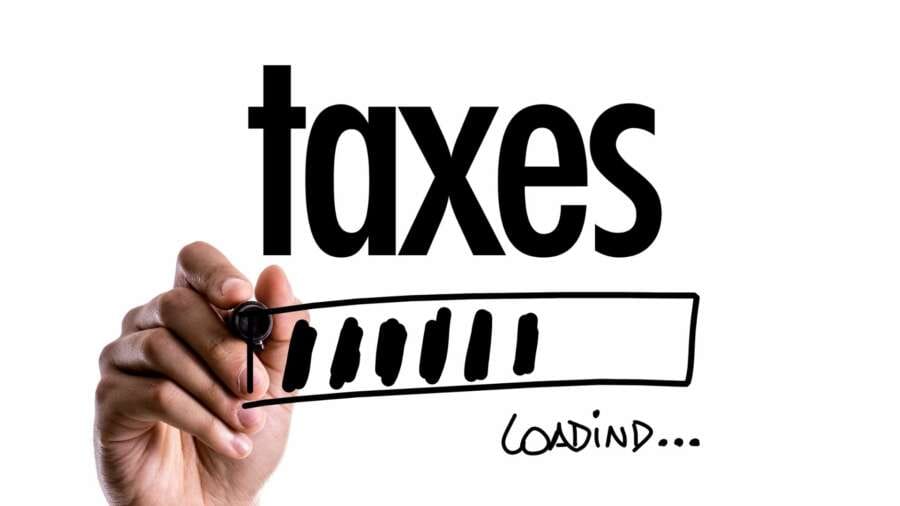
A statutory employee is any individual who is considered an independent contractor by federal law, for purposes of taxation, and is paid as such. For an ordinary independent contractor, however, an employer may not withhold taxes from salary deductions.
Most of us who have ‘self-employed’ status are considered to be statutory employees because we are entitled to receive tax benefits without making a contribution. If our spouse or dependent children are legally dependent on us for support, then that is another factor that will determine whether we are a statutory employee. Other factors include whether the business we work for is a sole proprietorship corporation, partnership, limited liability company, limited liability partnership, or other entity, and whether we are a regular employee or a contractual employee.
Self-employed individuals are taxed on their income as if they were employed by the business. A person can be a sole proprietor, partnership, corporation, limited liability company, limited liability partnership, or any combination thereof. The income taxes one accumulates are taxed twice – once at the time of earning it, and again when the amount is taxed as income. For that reason, there are many tax-advantaged options for self-employed individuals.
Some of the tax benefits of working as a self-employed individual include the ability to deduct certain expenses from employment contracts and pay fewer taxes on self-employed income than other individuals would have to pay. You may also benefit from the ability to carry forward unused holiday time from previous years.
Self-employed individuals may have to pay taxes on their investment in certain business assets, such as real estate, as well as the expenses of renting office space. The IRS allows self-employed individuals to claim the interest and dividends on their tax returns. The tax rate on capital gains and depreciation is very low, so self-employed individuals may be able to save thousands of dollars in taxes each year. Self-employed individuals are also not required to file a separate state and federal income tax return, so the state and federal taxes you may owe on your self-employment income is reflected on your federal tax return.
There are other tax benefits of being a self-employed individual, including the tax advantages of being able to use certain tax shelters to offset the cost of some of your income. and expenses.
You should not hesitate to apply for a number of tax breaks if you believe you have been a self-employed person, and that you are eligible for them. There are many resources that help you to find the best way for you to maximize your tax break. In general, most of these benefits can only be claimed by the primary taxpayer, and not their dependents.
One of the first tax benefits offered to self-employed individuals is the provision of a refundable section 8 rental tax credit. If you are a self-employed person and own property and rent it out to other people, you may qualify for this credit.
There are also a variety of tax benefits that can be claimed by an individual who is an employed person and owns assets. The main tax benefit is the reduction in tax on investment gains, because you are no longer taxed on your income earned from an asset.
The amount of tax benefits available to a self-employed individual depends on how much income he or she earns, his or her residency status, and the number of assets owned by the self-employed individual. One of the easiest ways to receive a tax benefit is by claiming an itemized deduction for any expenses incurred by self-employed individuals.
Most tax benefits are available to single-person taxpayers, and most tax benefits are available for married couples filing jointly. To determine the best tax plan for your specific situation, talk to a tax professional. Be sure to include all the taxes and benefits that apply to your situation. With careful planning and budgeting, the self-employed individual can greatly benefit from these tax benefits.


